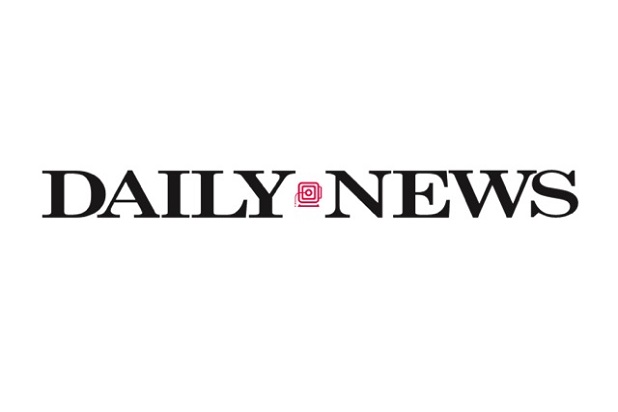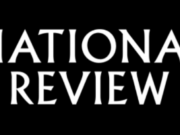This piece originally appeared in New York Daily News on November 15, 2019.
Should Elizabeth Warren be allowed to advertise that her campaign is 100% grassroots-funded? Should Joe Biden be allowed to run an ad saying that Trump, unlike Obama, is locking up families in cages at the border? Should Bernie Sanders be allowed to run an ad decrying that 500,000 Americans are going bankrupt due to medical bills?
These are all false claims, according to independent fact-checkers.
The candidates, unsurprisingly, disagree. The fact-checkers are quibbling over minor details, they argue, or they asked the wrong experts. The campaigns, of course, can point to sources that support their claims.
That politicians might spin the facts in their favor is not a new or surprising phenomenon. It is the job of the media to unwind misleading claims and add context. Of course, they can be overly pedantic or outright biased. And it is the American voters’ job, then, to sort it all out. Only each individual voter can decide which politicians to trust or doubt, which political ads are honest or misleading, and which media outlets to listen to or ignore.
Not too long ago, this was called politics.
But now, in a burgeoning age of moral panic over the internet, many are demanding that Facebook, Google and Twitter determine which political ads are “true.” And then censor any that are not.
Facebook CEO Mark Zuckerberg argues that internet companies should resist these demands. “People should be able to see for themselves what politicians are saying,” he said. “I don’t think it’s right for a private company to censor politicians.”
Some candidates are not happy with Zuckerberg. As Massachusetts Sen. Elizabeth Warren put it (in a satirical ad she ran on Facebook to prove the point), “what Zuckerberg has done is given Donald Trump free rein to lie on his platform.” (Ironically, under Warren’s desired policy, this ad couldn’t run on Facebook — because it made the claim that “if Trump tries to lie in a TV ad, most networks will refuse to air it.” That has been rated false by Politifact.)
Former Vice President Joe Biden went further, declaring on CNN that “we should consider taking away [Facebook’s] exemption that they cannot be sued for knowingly…promoting something that’s not true.”
Zuckerberg is right. Facebook (or Google or Twitter) should not be in the political fact-checking business.
This doesn’t mean that false speech is good or that we want politicians to run false ads. Quite the contrary. Candidates should call out false speech (as Warren, Biden and others have done here). Responding to false claims has been part of American politics since Jefferson and Adams.
Elected officials should not, however, attempt to circumvent the First Amendment by cajoling and threatening companies to reject certain political ads. We should not compromise free expression in the name of silencing potential falsehoods.
The hard truth is that even false or misleading speech has value. First, it allows open rebuttal. Opponents and the media alike can point to specific words and say, “That’s not true.” Second, it tells us something about the speaker. Voters who see a candidate promoting a falsehood learn about that candidate’s character and trustworthiness. If the ads are censored by Facebook (or any other platform), such opportunities are lost. Third, it allows voters, not powerful corporations, to perform the difficult, subjective work of separating satire, hyperbole, speculation, and opinion from outright lies. Voters can decide themselves if a politician is being deceitful or disingenuous, or if a fact-checker is being too nitpicky. That decision will vary for every individual, as it should.
Many focus their complaints on false paid speech on the platforms. This is the argument from Twitter CEO Jack Dorsey, who, unlike Zuckerberg, has cried uncle and decided to ban all political ads on his social network. But candidate ads are an important form of political speech. That is why, for example, network television stations are legally prohibited from editing and censoring political ads for any reason. On the internet, where cheaper ads benefit smaller groups and upstart candidates, it is especially important to allow political advertising.
Twitter’s strategy shows the cost to free expression that comes when ads are not treated as speech. By removing political ads, Twitter has enhanced the voices of established figures (incumbent politicians and celebrities, most notably) at the cost of new entrants.
As much as we hate false political ads, Facebook’s strategy is the more sound approach. The solution to false speech is more speech, not censorship.














